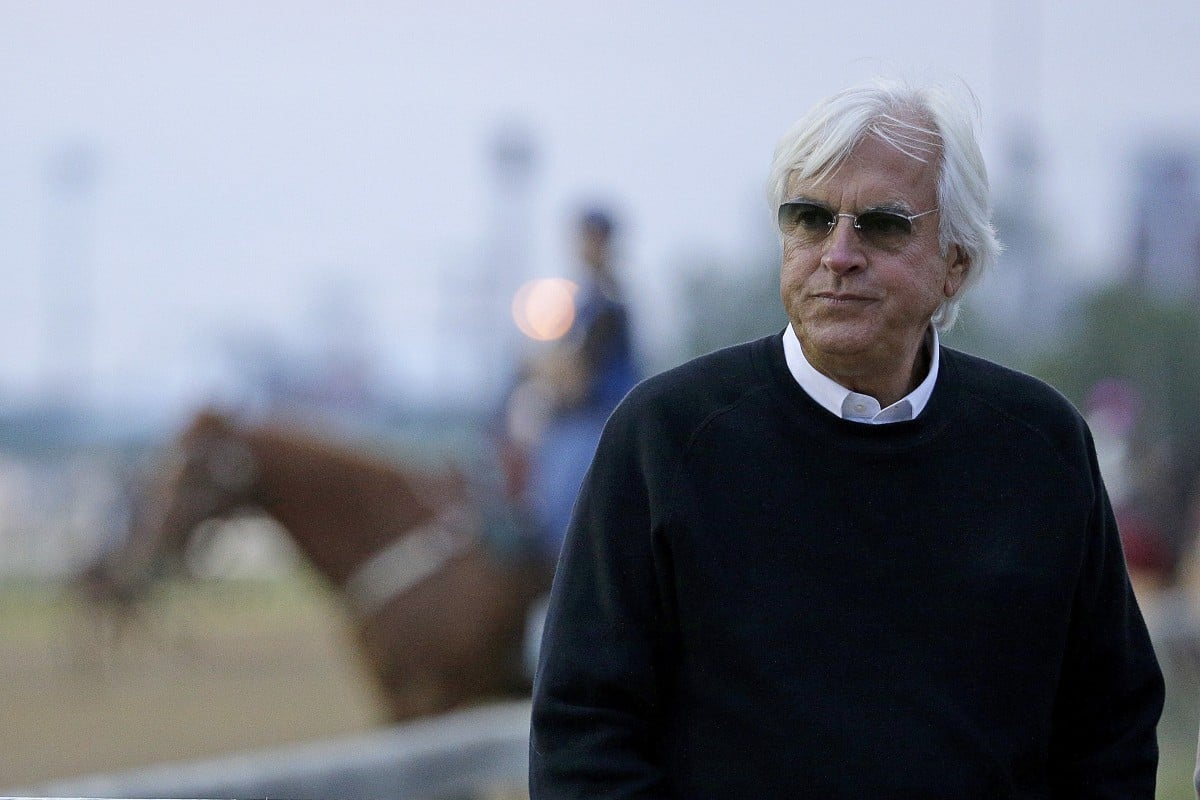Integrity is crucial to the success of horse racing and after Sunday’s bombshell that Bob Baffert’s horse Medina Spirit tested positive to a prohibited substance after winning the Kentucky Derby, you can see why so many people are sceptical of the sport in the USA.
Lax rules about medication, a host of different governing bodies and cavalier attitudes from some create an environment where lines are habitually crossed.
Baffert has a long rap sheet – he’s had five horses fail a drug test in just over a year on top of many others before that – so his denials are likely to be taken with a grain of salt.
“I got the biggest gut punch in racing for something that I didn’t do. And it’s disturbing. It’s an injustice to the horse,” Baffert said.
This guy Baffert wants us to believe that a horse in his care for the biggest horse race in the world was given an injectable drug without anyone in the barn's knowledge. Are you kidding me with this? that's the best he's got?
— Michael Beychok (@BeychokRacing) May 9, 2021
“I don’t know what’s going on in racing right now, but there’s something not right. I don’t feel embarrassed. I feel like I was wronged.
“I know everybody is not out to get me, but there’s definitely something wrong. Why is it happening to me? You know, there’s problems in racing, but it’s not Bob Baffert.
“We’ve taken a lot of hits as a sport. These are pretty serious accusations here, but we’re going to get to the bottom of it and find out. We know we didn’t do it.”
The splintered approach to administration in the USA means it is virtually impossible for racing to be united on issues like this. There are 36 different jurisdictions and no national body.
Baffert has been banned from competing at Churchill Downs, the home of the Kentucky Derby, but he can just take his horses to another state that enforces a different set of rules.
Maximum Security’s trainer among 27 charged in global horse racing doping scheme
Despite the positive swab, Medina Spirit is still set to line up in the Preakness Stakes on Saturday at Pimlico – the second leg of the US Triple Crown. It puts an even bigger spotlight on the race for all the wrong reasons.
It fundamentally undermines the sport – are the best horses winning or just the best cheaters?
This latest incident comes 14 months after a horse doping ring – which included Group One winning trainers Jason Servis and Jorge Navarro – was revealed by US federal investigators.
The positive is that clear breaches are being discovered, but if it’s systematic, how many are getting away with it? How long can racing in the USA sustain these bad headlines before confidence erodes to the point of no return?
If you juxtapose that to what is happening in Hong Kong, it makes you appreciate the good work by the Jockey Club in setting up systems to ensure none of that exists.
From a veterinary point of view, it’s a tightly run ship, with strong processes in place – all the vets are employed by the Jockey Club with a specific set of medications available.
If there is anything from outside that ecosystem, the testers will find out as there are profiles on every horse. There is a significant, ongoing investment and commitment to enforcing the rules and regulations.
It means there is little upside and significant risk. There are only two training centres, so there is always a prying eye.
That’s not to say everything is perfect and there aren’t areas for improvement – obviously officials need to remain vigilant – but fundamentally, racing in Hong Kong is clean of doping.
When everyone is competing on a level playing field, it gives punters and owners confidence to invest – something that Hong Kong fans clearly have right now given they are betting at astronomical levels.
Vagner Borges hit with nine-meeting ban for lacking intent aboard Daily Charm
Saturday’s meeting held HK$1.634 billion in turnover – up HK$273 million on the corresponding fixture last year, continuing a massive bounce back from the Covid-19 affected numbers. It is all related.
Sunday’s revelations from Baffert reiterate how integrity – and confidence in the product – is the cornerstone of the racing industry in any part of the world.





















